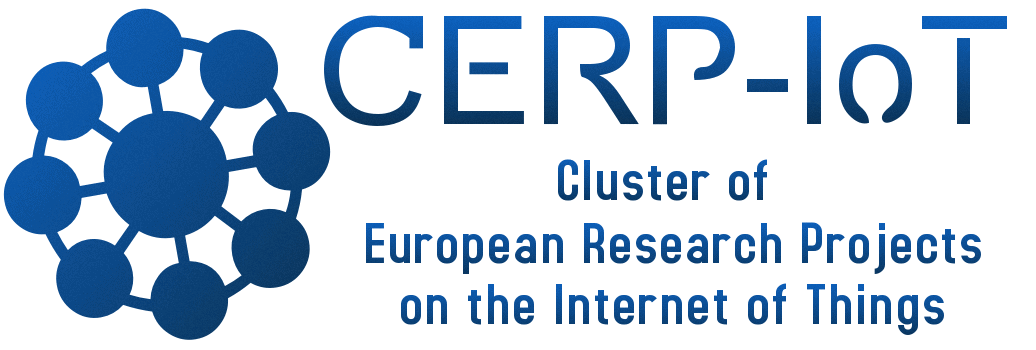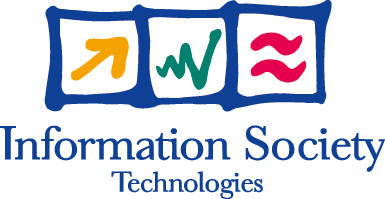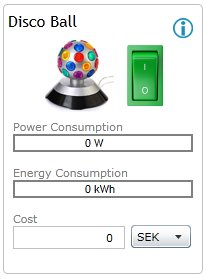Four new papers accepted on webservice ontologies, OWL and Limbo
 The first paper deals with Self-managed Pervasive Middleware using OWL/SWRL ontologies. The paper presents an OWL/SWRL context ontologies based self-management approach for pervasive middleware where OWL ontology is used as means for context modeling. The context ontologies are incorporating the dynamic context information, including device and service run time information, which can then be used for running status checking and diagnosis, QoS monitoring, and further to achieve other self-management features, such as the self-con guration and self-adaptation. The paper was accepted for presentation at the Fifth International Workshop Modeling and Reasoning in Context (MRC 2008).
The first paper deals with Self-managed Pervasive Middleware using OWL/SWRL ontologies. The paper presents an OWL/SWRL context ontologies based self-management approach for pervasive middleware where OWL ontology is used as means for context modeling. The context ontologies are incorporating the dynamic context information, including device and service run time information, which can then be used for running status checking and diagnosis, QoS monitoring, and further to achieve other self-management features, such as the self-con guration and self-adaptation. The paper was accepted for presentation at the Fifth International Workshop Modeling and Reasoning in Context (MRC 2008). The second paper deals with "an OWL/SWRL based Diagnosis Approach in a Pervasive Middleware". This paper discusses the use of OWL ontologies and SWRL to develop both diagnosis and monitoring rules, based on state changes and also invocation relationships. Malfunction information and its resolution are encoded in an OWL ontology as a part of a Device ontology, and can be used at run time to check how to resolve malfunction, and further to fulfill self-healing activities. SWRL rules at both device level and system level are designed and will be executed as needed. The paper was accepted for the 20th International Conference on Software Engineering and Knowledge Engineering (SEKE'2008).
The third and fourth papers discuss the Limbo compiler developed in the Hydra project. Limbo is an Ontology based Web Service Compiler for Networked Embedded Devices. Implementing web services on devices raises a number of challenges. First, the web service should be efficient enough in order to provide usable services on small devices. Second, development of embedded web service must handle the variability and dependencies of hardware and software platforms. And at the same time, device status are changing very often, which are deemed to affect the end user applications.
The third paper presents Limbo, in which OWL ontologies are used to make the Limbo compiler aware of its compilation context. This paper was accepted for the 10th International Conference on Software Reuse (ICSR'2008) Tool Demonstration. The fourth paper discusses "Ontology-Enabled Generation of Embedded Web Services" and discusses how Web Ontology Language (OWL) ontologies are used to make the Limbo compiler aware of its compilation context so that e.g. resource/power consumption is built into the supporting ontologies, which are used to configure Limbo for generating resource efficient web service code. This paper was accepted for the 20th International Conference on Software Engineering and Knowledge Engineering (SEKE'2008).
Download the four papers here.





 The Hydra project is co-funded by the
The Hydra project is co-funded by the 


